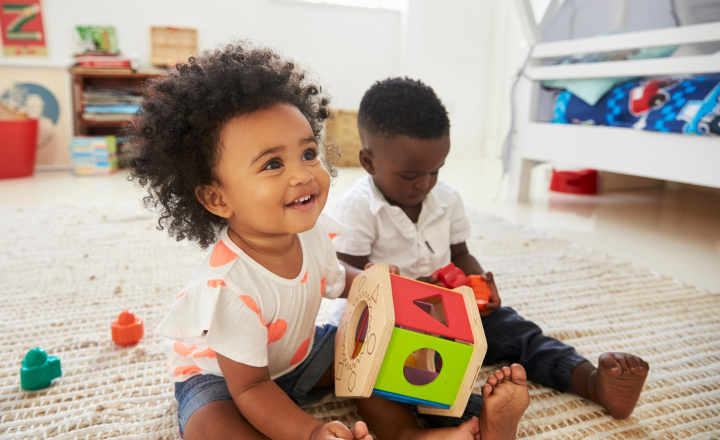How Cannabis Affects Pregnant & Breastfeeding People
Here’s what you need to know in order to make the healthiest choices for you and your baby.
Here’s what you need to know in order to make the healthiest choices for you and your baby.
There is no known safe amount of cannabis to use while pregnant. That’s because no matter how it’s used (smoked, eaten, etc.), THC gets passed to your baby and may have a long-term impact on your child’s ability to learn. Talk to your doctor if you’re trying to get pregnant, or early in your pregnancy about cannabis use.
If you use cannabis while breastfeeding, it gets passed to your baby. THC is stored in fat cells. That means THC stays in your breast milk, so “pumping and dumping” doesn’t work. Talk to your doctor if you have any questions.
Sometimes medications, even when prescribed or recommended, are not healthy for a developing baby. It’s a good idea to talk to your healthcare team for you and your growing baby about the lowest-risk option to keep you and baby healthy during pregnancy – especially since THC in cannabis (regardless of reasons for use) pass to a baby in the fetus.

It’s common to have questions about cannabis use during pregnancy or breastfeeding. Here’s what you should know to help make health-informed choices for yourself and your baby.
The fact that it’s legal does not make it safe. Using cannabis during pregnancy or while breastfeeding may harm your baby, just like alcohol or tobacco.
Not all natural substances or plants are safe. Lead, tobacco and poisonous berries are great examples. Cannabis contains THC, which may have negative impacts on the development of a baby. Additionally, many cannabis products contain other chemicals, pesticides, or contaminants which are not ideal for health.
A prescriber can recommend cannabis in special cases, so they can help decide whether the benefits are greater than the risks. It is unsafe to use any medicines while pregnant or breastfeeding that are not recommended by a doctor. Talk to your doctor about lowest-risk options for you and your baby.
THC in cannabis may harm your baby. Talk to your health care provider about safer options that do not risk harming your baby.
If you consume cannabis, you are consuming THC, which is passed to your baby and can have negative health and development impacts.
Secondhand smoke from cannabis has many of the same cancer-causing chemicals as smoke from tobacco. A smoke-free environment is safest and healthiest. Don’t allow smoking in your home or around your baby.
Substance use is a topic that is discussed with all families throughout the prenatal and birthing period. This is not to punish or shame someone, but merely an avenue to have an open conversation with a family about the potential risks of substance use and identify any resources the family might benefit from. If your baby has been exposed to THC/cannabis or other substances during pregnancy or after birth, they may be identified as benefiting from a Plan of Safe Care. Through respectful, collaborative, strengths-based conversation, Maine’s Plan of Safe Care is created between a healthcare or social services provider, mother and/or other caregivers, identifying family strengths and needs, beneficial resources and actions to best support substance exposed infants and families. Through the Plan of Safe Care, families can also be referred to resources such as Maine WIC Nutrition Program, Maine’s Early Intervention Program, Public Health Nursing, and Maine Families.
A Plan of Safe Care can be created prenatally or following birth and can be added to or modified during the first year of a child’s life.
If your child eats or drinks cannabis, they may need immediate medical help. Some symptoms to look out for include: problems walking or sitting up, difficulty breathing, and becoming drowsy. If a child may have eaten cannabis, call the poison control hotline, 1-800-222-1222, or 911 if it’s an emergency.
Talk to your doctor if you’re pregnant or breastfeeding and need help to stop using cannabis. Your treatment will be confidential.